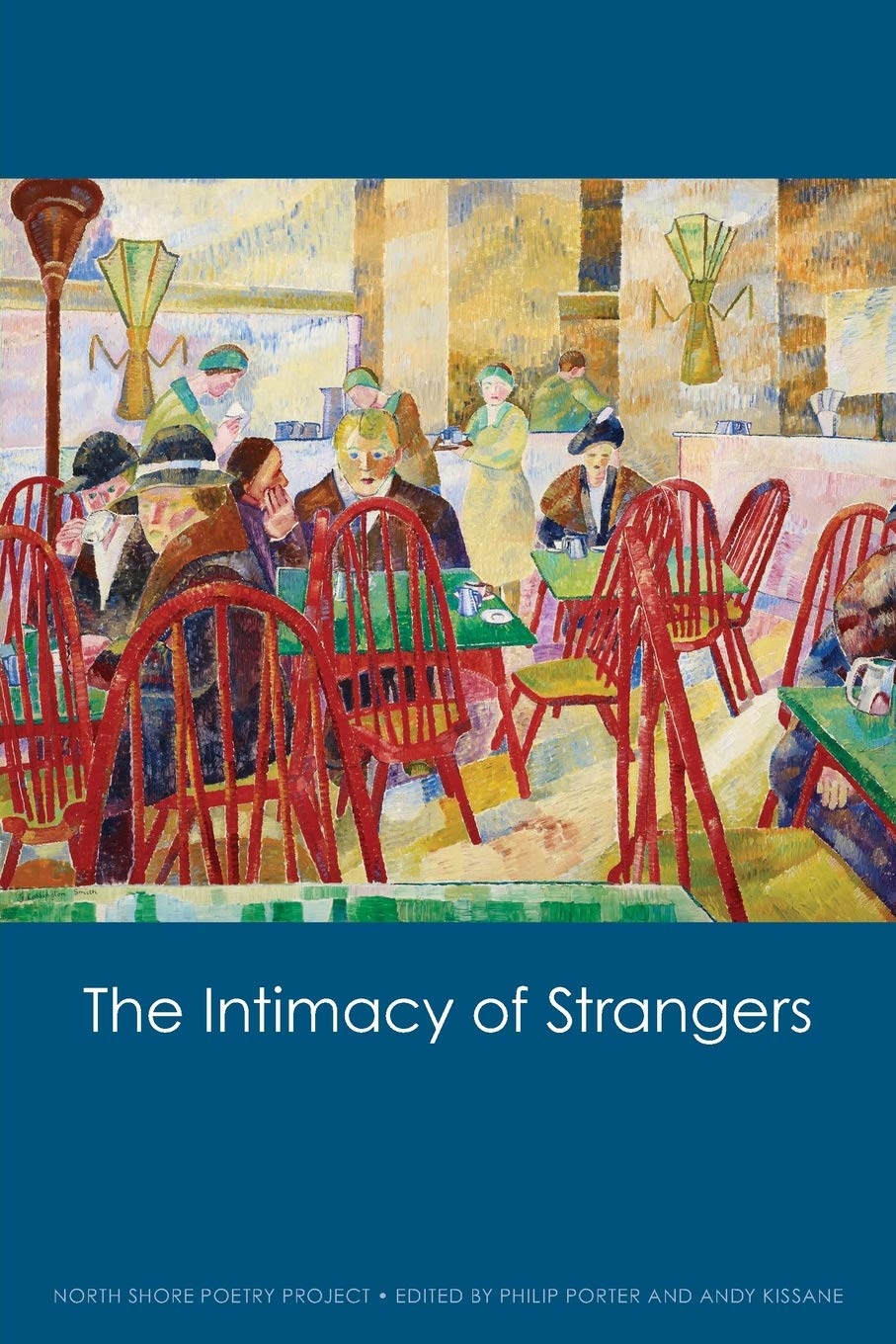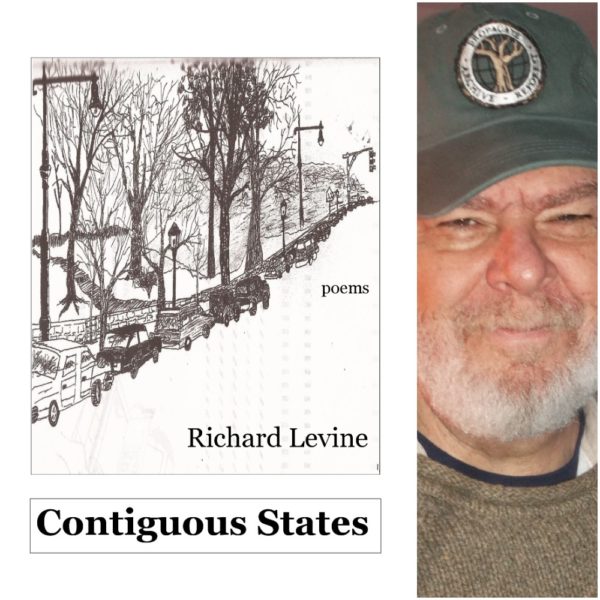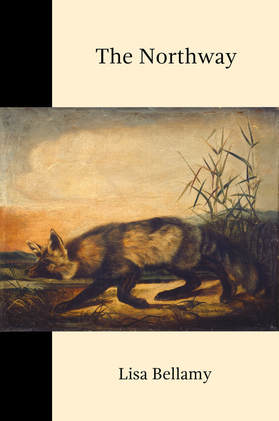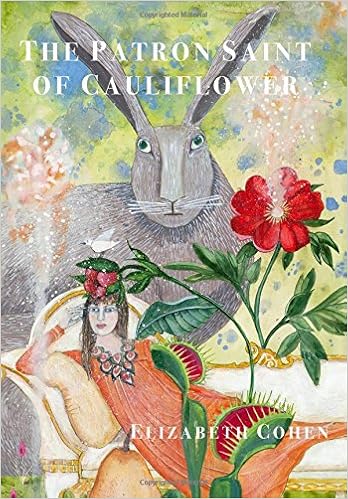 The dinners sound sumptuous, and it’s easy to imagine the environment in which the work would have been read: full of laughter, shared moments of intensity, and of a deep-seated acceptance of the differences that make us unique, interesting, and yet connect us to one another.
The dinners sound sumptuous, and it’s easy to imagine the environment in which the work would have been read: full of laughter, shared moments of intensity, and of a deep-seated acceptance of the differences that make us unique, interesting, and yet connect us to one another.
Category: Poetry Reviews
A review of Circus By Deonte Osayande
 It takes courage to decide to live and share ones most intimate and authentic self. Osayande’s poems are personal glimpses into his life. Collectively they are viewed by the author as bizarre, beautiful and tragic. Relationships, loving and life can be complex and present as a compilation of these.
It takes courage to decide to live and share ones most intimate and authentic self. Osayande’s poems are personal glimpses into his life. Collectively they are viewed by the author as bizarre, beautiful and tragic. Relationships, loving and life can be complex and present as a compilation of these.
Heartbreaking Gulfs: A Review of Contiguous States By Richard Levine
 One distinguishing feature of this collection may not be noticed by the reader right away, and that is it is not a collection constructed linearly. Unlike so many poetry collections, it is not a series of poems building to a point. It is, rather, as its title suggests, a poetry of juxtaposed conditions or states.
One distinguishing feature of this collection may not be noticed by the reader right away, and that is it is not a collection constructed linearly. Unlike so many poetry collections, it is not a series of poems building to a point. It is, rather, as its title suggests, a poetry of juxtaposed conditions or states.
A review of Where the Lost Things Go By Anne Casey
 Where the Lost Things Go is a powerful book. The immediate accessibility of the poetry does not diminish the impact of the work, which moves through key moments in life, tracking grief, loss, ageing, parenting, and what it means to take a stance in a world where the need for compassion as a political gesture–deep-seated humanism–is greater than it has ever been.
Where the Lost Things Go is a powerful book. The immediate accessibility of the poetry does not diminish the impact of the work, which moves through key moments in life, tracking grief, loss, ageing, parenting, and what it means to take a stance in a world where the need for compassion as a political gesture–deep-seated humanism–is greater than it has ever been.
A review of In The Tree We Planted and Buried You In by Billie R Tadros
 The title emphasizes the orthogonal relationship between the ever-presence of a loved one in presence and in absence. Almost as if love itself is a kind of eu-trauma. A poetics that attempts to grasp the complexity of loving as, with, and through trauma.
The title emphasizes the orthogonal relationship between the ever-presence of a loved one in presence and in absence. Almost as if love itself is a kind of eu-trauma. A poetics that attempts to grasp the complexity of loving as, with, and through trauma.
A review of Naming the Silence by Michael David Blanchard
 Blanchard consistently displays an ease with poems in both short and long form and reveals a practiced command of nuanced phrasing, versification, and evocative imagery. While the works might be somewhat more formal in style than those of many of his contemporaries, there is no dominant or predetermined verse form here.
Blanchard consistently displays an ease with poems in both short and long form and reveals a practiced command of nuanced phrasing, versification, and evocative imagery. While the works might be somewhat more formal in style than those of many of his contemporaries, there is no dominant or predetermined verse form here.
A review of The Northway by Lisa Bellamy
 With its keen eye and impeccable phrasing, Lisa Bellamy’s The Northway gives us good-natured laughter, the kind of feeling you get from a Masterpiece Theater series…and it is ever so much more respectable and rewarding than a binge-watch.
With its keen eye and impeccable phrasing, Lisa Bellamy’s The Northway gives us good-natured laughter, the kind of feeling you get from a Masterpiece Theater series…and it is ever so much more respectable and rewarding than a binge-watch.
A review of and my heart crumples like a coke can by Ali Whitelock
 The poetry manages to be both pithy and almost hysterically funny, not an easy mix to achieve, but that is how life works: the paradox of what we carry and what we experience in each moment. Whitlock captures this duality perfectly, taking a stand-up comedian’s incision to pretension and human foibles.
The poetry manages to be both pithy and almost hysterically funny, not an easy mix to achieve, but that is how life works: the paradox of what we carry and what we experience in each moment. Whitlock captures this duality perfectly, taking a stand-up comedian’s incision to pretension and human foibles.
A review of In the Measuring by Carol Smallwood
 The aforementioned exuberance comes with the author’s novel treatment of the everyday—those ordinary, mundane tasks and chores we take for granted. Who would think to write a pantoum about dishwashing liquid? Yet Smallwood carries it off, and braids colloquial language with scientific. She assumes a persona the reader can identify with.
The aforementioned exuberance comes with the author’s novel treatment of the everyday—those ordinary, mundane tasks and chores we take for granted. Who would think to write a pantoum about dishwashing liquid? Yet Smallwood carries it off, and braids colloquial language with scientific. She assumes a persona the reader can identify with.
A review of The Patron Saint of Cauliflower by Elizabeth Cohen
 Some secrets when told are betrayals, or suicides, blood spilled or spells cast, for magic and saints governing and protecting, are also secret languages, the ancient rites of certain religions also called “mysteries.” And, so it is in this well-balanced and short collection, an excursion into mysteries, methods of preserving and enduring.
Some secrets when told are betrayals, or suicides, blood spilled or spells cast, for magic and saints governing and protecting, are also secret languages, the ancient rites of certain religions also called “mysteries.” And, so it is in this well-balanced and short collection, an excursion into mysteries, methods of preserving and enduring.